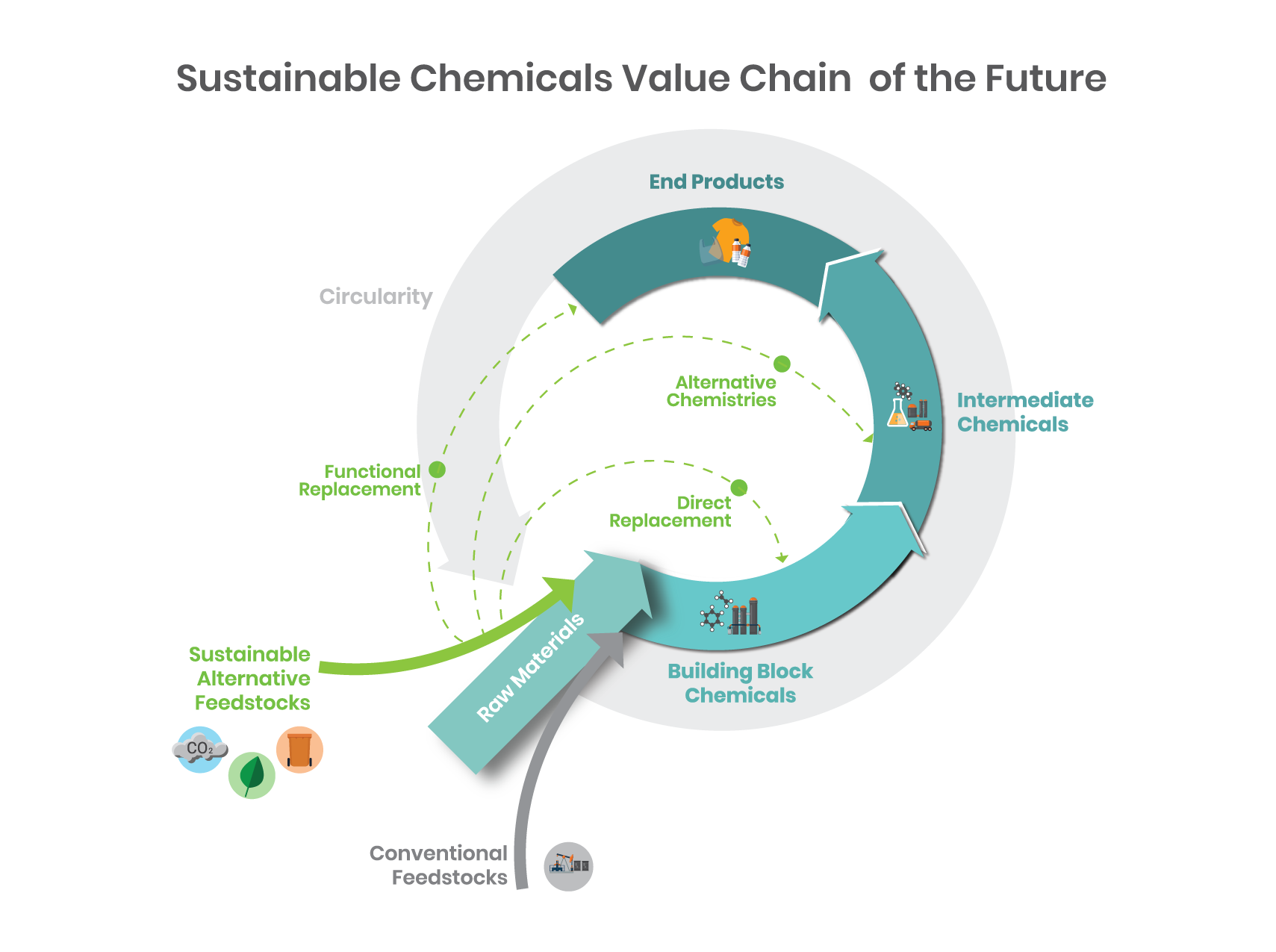How to Make Certain Compliance When Making Use Of Chemical Products in Your Workflow
How to Make Certain Compliance When Making Use Of Chemical Products in Your Workflow
Blog Article
Trick Factors To Consider for Picking the Right Chemical Products to Achieve Effective Integrated Solutions in Your Operations
Selecting the appropriate chemical products for incorporated options in procedures needs a diverse technique that includes different crucial considerations. From evaluating chemical compatibility to guaranteeing adherence to regulatory standards, each variable plays an essential function in optimizing functional efficiency and safety. Evaluating ecological impacts and distributor integrity can not be neglected in this complex decision-making process. As organizations strive to improve their techniques, the interplay of these components raises crucial questions regarding ideal practices and prospective challenges that merit additional expedition.
Recognizing Chemical Compatibility

To assess compatibility, one need to think about factors such as the chemical buildings of the compounds included, consisting of pH, concentration, temperature level, and the presence of pollutants. Utilizing compatibility charts and databases can supply valuable insights into possible communications. Additionally, carrying out small examinations can help determine unforeseen reactions that may not be recorded.
Elements such as humidity, light direct exposure, and temperature level can influence the stability and sensitivity of chemical products. By focusing on chemical compatibility throughout the selection procedure, companies can enhance functional effectiveness, decrease the threat of mishaps, and ensure conformity with safety protocols.
Reviewing Regulative Conformity
In the complex landscape of chemical item selection, reviewing regulatory conformity is critical to making certain not only safety and security however additionally legal adherence. Organizations has to navigate a myriad of guidelines, from local and national regulations to international requirements, that control the usage, storage, and disposal of chemical compounds. This calls for an extensive understanding of relevant policies such as the Occupational Security and Health And Wellness Management (OSHA) criteria, the Epa (EPA) standards, and the European Union's Enrollment, Analysis, Authorisation and Restriction of Chemicals (REACH)
When selecting chemical products, it is vital to verify that vendors give Safety and security Information Sheets (SDS) that information possible threats and handling requirements. Furthermore, businesses should verify that the chemicals adhere to industry-specific guidelines, which might impose additional specifications. Non-compliance can result in severe fines, including penalties and functional shutdowns.
In addition, organizations should remain updated on regulatory adjustments, as non-compliance can occur from outdated techniques. Developing a durable compliance approach, including check out here normal audits and employee training, can aid guarantee adherence to existing policies. Inevitably, prioritizing governing compliance not only minimizes risk however additionally enhances the organization's online reputation and operational effectiveness.
Assessing Environmental Influence
How can organizations properly analyze the environmental effect of chemical products during the option procedure? A comprehensive analysis calls for a multifaceted method, integrating information on the life process of items, from manufacturing to disposal. Organizations needs to start by recognizing the possible dangers linked with each chemical, consisting of poisoning, perseverance in the setting, and bioaccumulation possibility. Making use of devices such as Security Data Sheets (SDS) and environmental threat analyses enables a clearer understanding of these variables.
Additionally, companies can take advantage of third-party certifications and eco-labels that show compliance with ecological requirements - Chemical Products. Involving with providers that prioritize sustainability techniques can likewise boost the choice procedure. It is vital to assess not just the straight effects of chemical use yet likewise the indirect influences, such as energy usage and waste generation
Applying life cycle evaluation (LCA) techniques can give comprehensive insights into the ecological impact of chemical items, highlighting areas for enhancement. By prioritizing openness and cooperation with stakeholders, companies can make informed decisions that align with their sustainability goals while lessening damaging ecological outcomes. This proactive approach ultimately promotes a much more accountable and eco-conscious operational framework.
Evaluating Cost-Effectiveness
While examining chemical products for operational usage, companies need to likewise think about cost-effectiveness as an important consider the choice process. This involves assessing not only the initial acquisition cost however also the complete expense of ownership, that includes aspects such as usage efficiency, upkeep, and disposal costs. Chemical Products. An item that appears affordable upfront might incur greater expenses in power usage or require more frequent replacement, inevitably affecting the lower line
Furthermore, companies ought to analyze the capacity for price savings with maximized formulations that boost efficiency and decrease waste. For example, items that require lower application prices or offer faster processing times can bring about substantial cost savings with time. It is likewise crucial to consider the effect of regulative compliance expenses, as non-compliance can lead to penalties and boosted functional costs.
In addition, companies should evaluate the lasting click here to read worth stemmed from the chemical items, consisting of enhanced high quality, enhanced productivity, and enhanced safety. A comprehensive cost-effectiveness evaluation equips organizations to make informed choices that line up with both their monetary goals and functional goals, ultimately leading to lasting and effective practices.
Identifying Supplier Integrity
Distributor reliability is critical when choosing chemical products for operations, as it directly influences both product quality and operational efficiency. A reputable vendor continually supplies high-quality products on time, ensuring that your procedures continue to be nonstop.
Following, think about the provider's history of conformity with guidelines and requirements. A credible vendor ought to have a robust top quality assurance program that abides by sector guidelines. Additionally, review their capability to offer technological support and item info, which is essential for informed decision-making.

Conclusion
In verdict, choosing the ideal chemical products for incorporated solutions demands a comprehensive examination of several important factors. Recognizing chemical compatibility, ensuring regulative conformity, assessing environmental effects, assessing cost-effectiveness, and identifying trustworthy distributors collectively resource add to notified decision-making. Such a technique not just boosts functional performance and safety but likewise reduces prospective dangers. Focusing on these factors to consider can cause even more lasting and efficient operational practices in various industries.
Report this page